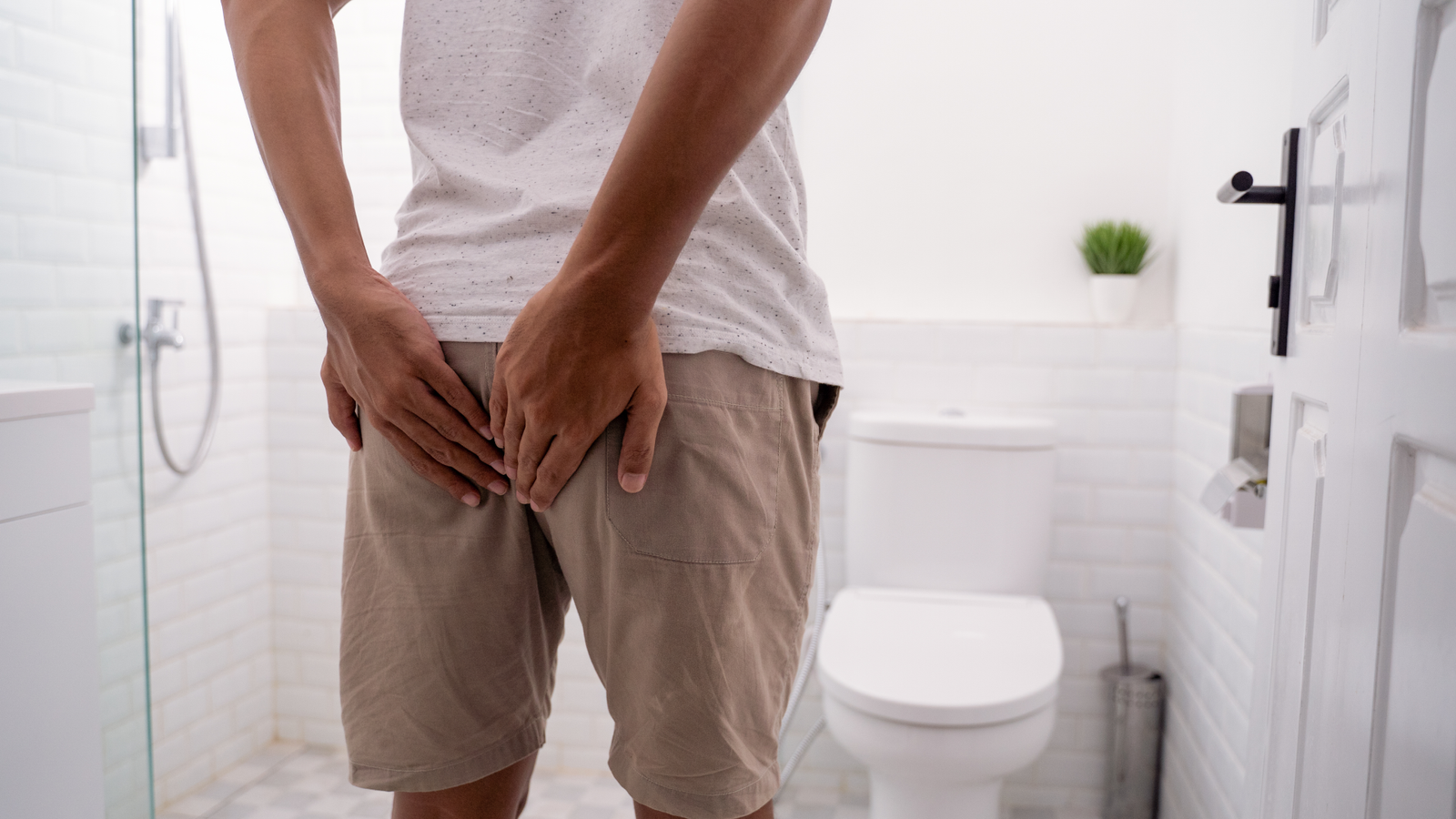Hemorrhoids develop when veins in the rectum or anus become swollen and irritated. While they are common and often not severe, they can significantly impact daily life. Gaining insight into the causes, symptoms, and treatments can help with effective management and prevention.
Symptoms of Hemorrhoids
Hemorrhoid symptoms differ based on their type and severity. Some common indicators include:
- Pain or discomfort – Especially when passing stool or staying seated.
- Itching and irritation – Around the anal region.
- Swelling – Lumps or swelling near the anus.
- Bleeding – Noticing bright red blood on toilet paper or in your stool.
- Mucus discharge – In some cases, hemorrhoids can cause a slimy discharge.
- A feeling of incomplete evacuation – A sensation that the bowel is not fully emptied.
If left untreated, hemorrhoids can worsen, leading to complications such as thrombosis (blood clot formation) or prolapse (hemorrhoids protruding from the anus).
Causes of Hemorrhoids
Several factors contribute to the development of hemorrhoids, including:
- Chronic constipation or diarrhea – Straining during bowel movements increases pressure on the rectal veins.
- Low-fiber diet – A lack of fiber can lead to harder stools and increased straining.
- Prolonged sitting – Sitting for extended periods, particularly on the toilet, can put added strain on the veins.
- Obesity – Being overweight adds extra pressure to the lower rectum.
- Pregnancy – Increased pressure on pelvic veins during pregnancy can lead to hemorrhoids.
- Aging – The weakening of rectal tissues over time makes hemorrhoids more likely.
- Heavy lifting – Frequent heavy lifting can contribute to hemorrhoidal development.
Diagnosis of Hemorrhoids
Diagnosing hemorrhoids usually involves a physical examination and a medical history review. Diagnostic methods may include:
- Visual inspection – External hemorrhoids can be identified through a physical exam.
- Digital rectal examination (DRE) – A healthcare professional may perform a rectal examination using a gloved, lubricated finger to assess for abnormalities.
- Anoscopy or sigmoidoscopy – A small, lighted tube is used to examine internal hemorrhoids and rule out other conditions.
- Colonoscopy – In cases of persistent bleeding, a colonoscopy may be recommended to check for other colorectal conditions.
Treatment for Hemorrhoids
The approach to treatment depends on how severe the condition is and may involve lifestyle modifications, medications, or medical interventions.
- Home Remedies and Lifestyle Changes:
- Increase fiber intake through fruits, vegetables, and whole grains.
- Drink plenty of water to prevent constipation.
- Avoid straining during bowel movements.
- Use over-the-counter creams, ointments, or suppositories to reduce inflammation.
- Take warm sitz baths to soothe irritation.
- Staying active on a regular basis supports digestion and helps prevent constipation.
- Medical Procedures:
- Rubber Band Ligation: A rubber band is wrapped around the hemorrhoid to block blood flow, leading to shrinkage and eventual detachment.
- Sclerotherapy: A specialized chemical solution is administered to the hemorrhoid, causing it to shrink gradually.
- Infrared Coagulation: A non-invasive procedure using infrared light to cut off the hemorrhoid’s blood supply.
- Hemorrhoidectomy: Surgical removal of large or persistent hemorrhoids.
- Stapled Hemorrhoidopexy: A surgical technique that repositions prolapsed hemorrhoids and cuts off their blood supply.
Prevention of Hemorrhoids
Preventing hemorrhoids involves making simple lifestyle changes, including:
- Eating a high-fiber diet.
- Staying hydrated.
- Exercising regularly.
- Avoiding prolonged sitting or straining on the toilet.
Maintaining proper hygiene and ensuring cleanliness in the anal area. We offer expert care for hemorrhoidal treatment at Desai Surgical Hospital, from conservative management to advanced surgical procedures. If you’re dealing with ongoing discomfort or symptoms, book a consultation with our specialists for expert care and personalized digestive health solutions.
Contact Us
Phone: 0265 243 5153
Email: care@desaisurgical.com
Follow Us for Updates & Health Tips:
Facebook | Instagram | YouTube
Prioritize your health today. Book your consultation now!

